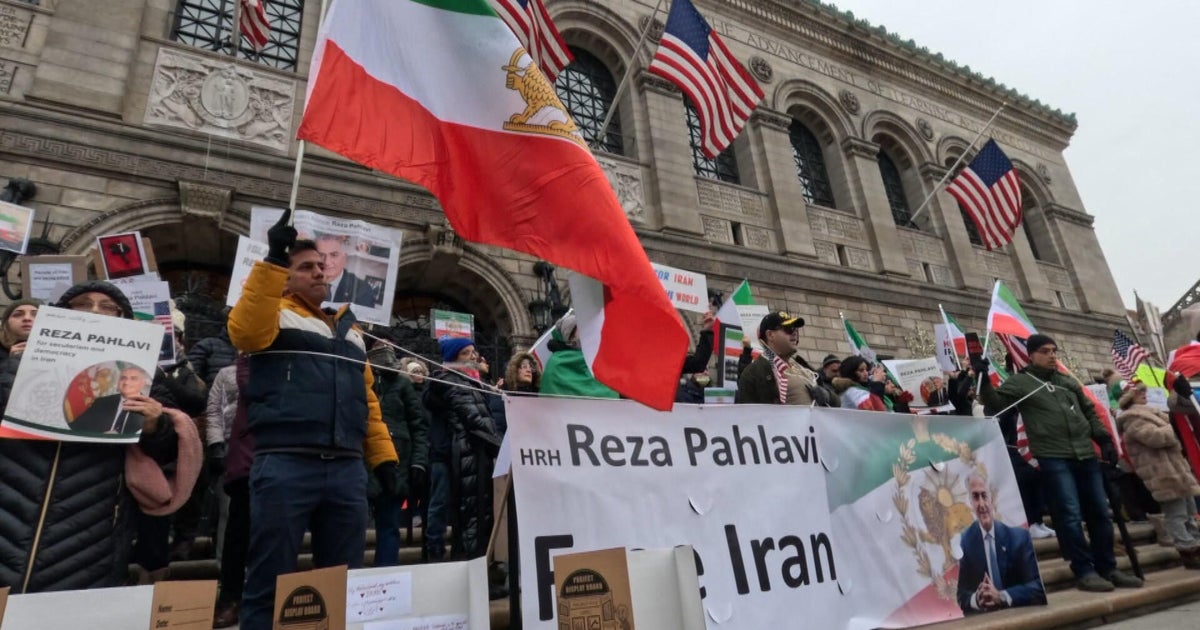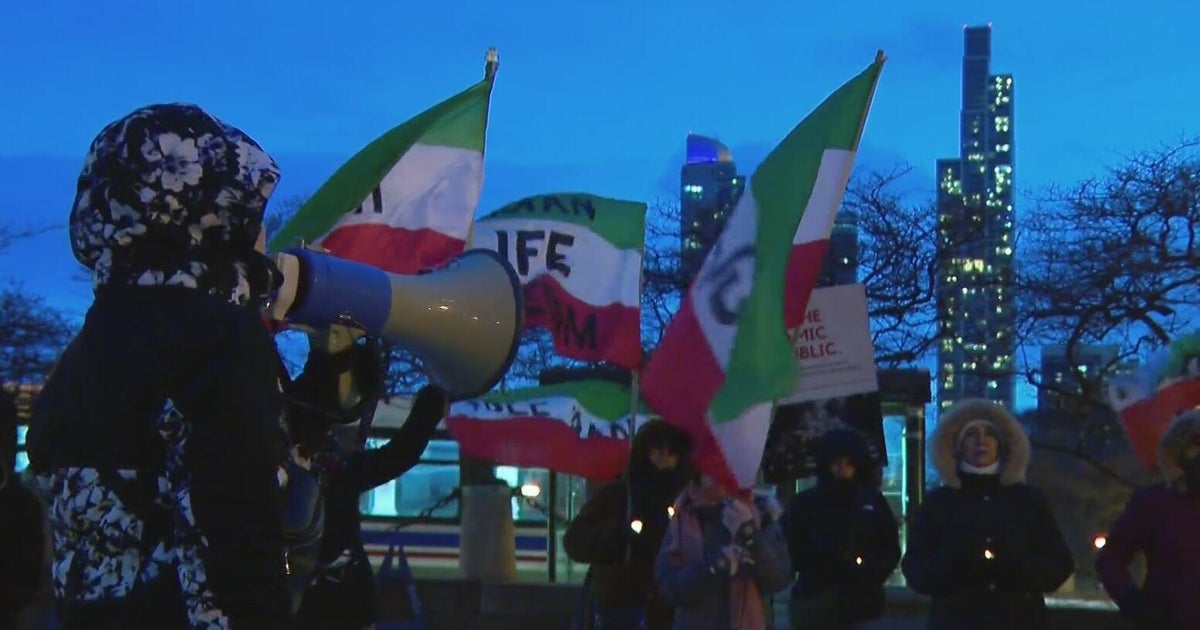Keller @ Large: Kim Jong Il's Death Puts World Leaders On Alert
BOSTON (CBS) - Kim Jong Il, who ruled North Korea with an iron fist, is dead.
The 69-year-old suffered a heart attack and died Saturday night.
2011 saw several of the most-feared men in the world lose their grip on power.
Terrorist Osama bin Laden, Egyptian dictator Hosni Mubarek and Moammar Qadaffi in Libya all were killed or overthrown this year.
WBZ-TV's Jon Keller Is At Large
Unfortunately, a dictator's departure isn't always followed by positive change.
In fact, as Stephen Bosworth, one of the nation's leading experts on North Korea, pointed out to WBZ-TV, this year has taught us that the departure or removal of an oppressive leader doesn't often justify the springtime imagery we attach to it, at least not right away.
That certainly applies to North Korea, a country Bosworth likens to a religious cult.
Bosworth was a U.S. Ambassador to South Korea in the late 90's and remains a key adviser on our policy towards North Korea. He says we need to learn from the tumultuous aftermath of the so-called "Arab Spring."
"Change is always messy to those who are being changed. I think that's true in Egypt, it's true in much of the rest of the world of the Arab spring," said Bosworth.
And while the death of Kim Jong Il may seem like our cue to promote rebellion there, the ambassador warns that's easier said then done.
"That would be great if we knew there were any rebels and we knew who they were, or dissidents," said Bosworth. "We assume there are probably people who don't like the regime."
Bosworth said that while the U.S. should continue to promote human rights and market reforms for North Koreans, Kim Jong Il's death is not the cue for a dramatic change in our policy of cautious engagement there.
As dangerous as this nuclear-armed regime is now, he says, they could easily be much more dangerous if we try to exploit their leadership change.
Many lawmakers see an opportunity in North Korea. Sen. Scott Brown says with Kim dead, the country should take steps to finally bring the country out of isolation.







